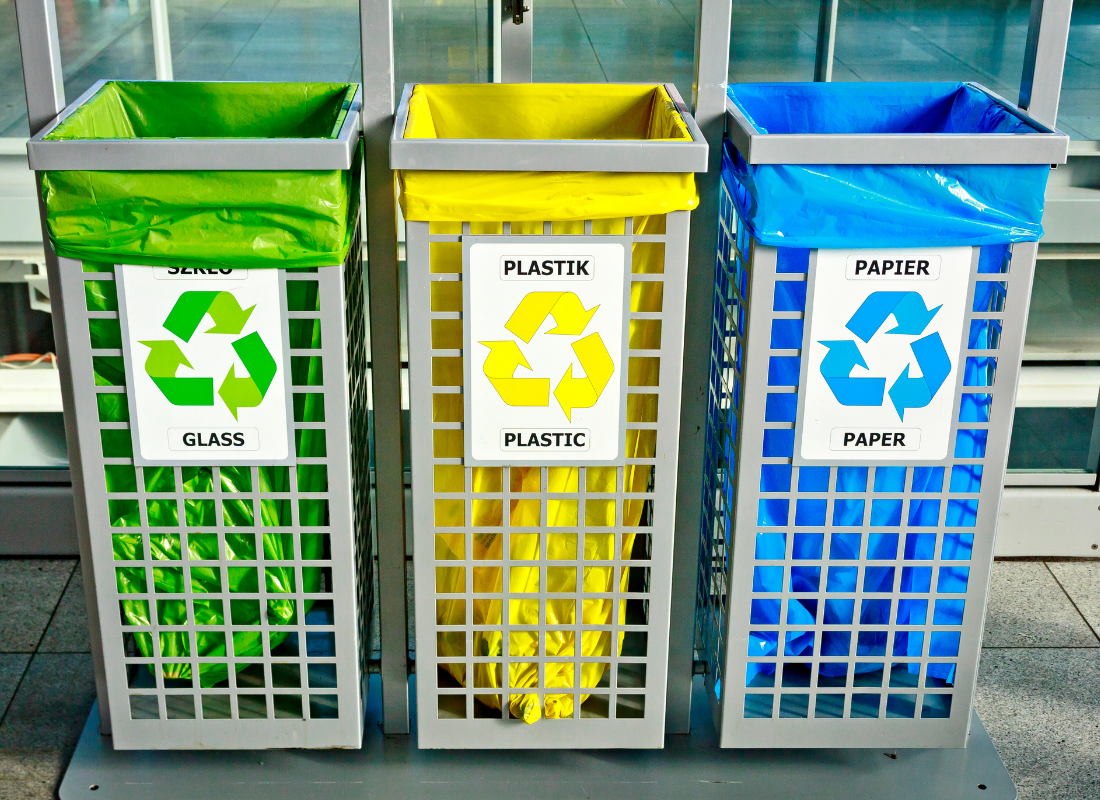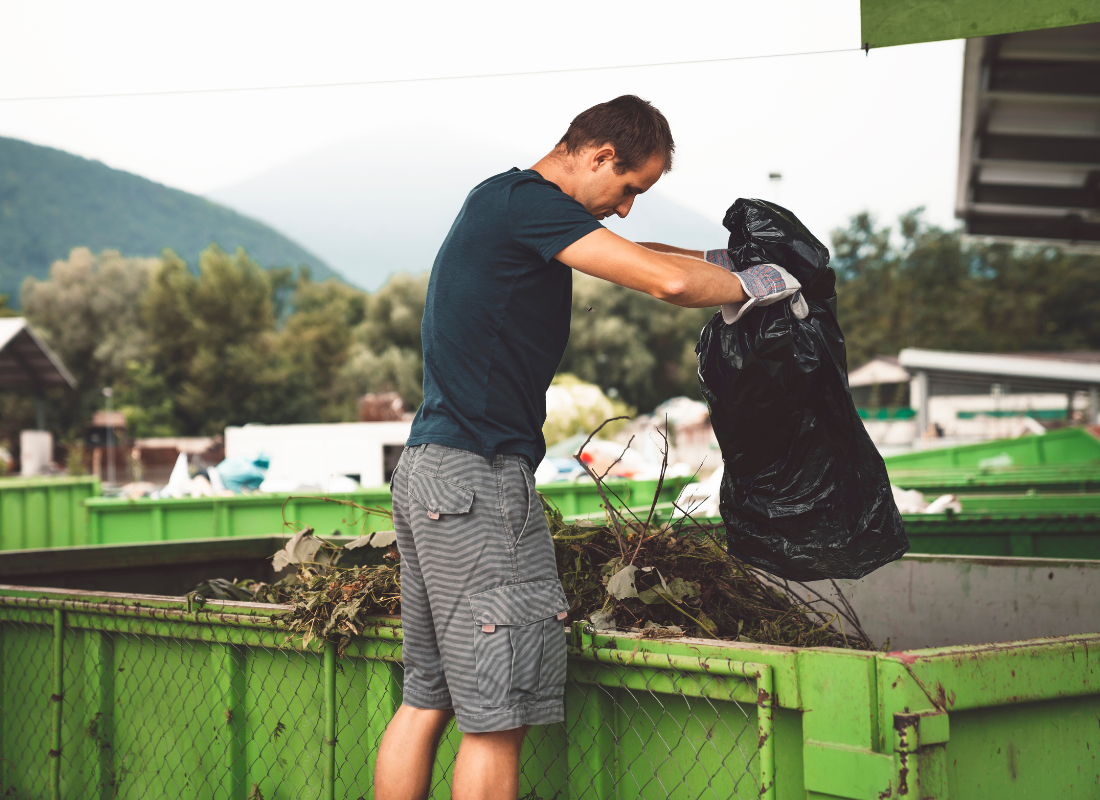
Waste sorting plays a vital role in sustainability efforts, aiding in environmental protection and resource conservation.
By separating recyclable, compostable, and hazardous materials from general waste, waste sorting minimizes pollution, reduces waste generation, and promotes the efficient use of resources.
This article delves into the significance of waste sorting as a key element in sustainability, exploring its benefits and implications for the environment, economy, and society.
Recycling
 Waste sorting, also known as source separation or recycling, involves the systematic segregation of different types of waste based on their characteristics and potential for reuse or recycling.
Waste sorting, also known as source separation or recycling, involves the systematic segregation of different types of waste based on their characteristics and potential for reuse or recycling.
Common categories include paper, cardboard, plastics, glass, metals, organic waste, and hazardous materials.
Once sorted, these materials can be processed and recycled, composted, or disposed of safely, thereby reducing the environmental impact of waste disposal and promoting a more sustainable waste management system.
Conservation
 One of the primary benefits of waste sorting is resource conservation.
One of the primary benefits of waste sorting is resource conservation.
By recovering valuable materials from the waste stream and redirecting them back into the production cycle, waste sorting helps conserve natural resources, reduce energy consumption, and minimize greenhouse gas emissions associated with raw material extraction and manufacturing processes.
Recycling materials such as paper, glass, plastics, and metals reduces the demand for virgin materials and helps close the loop on resource use, contributing to a more circular economy.
Pollution prevention
 Moreover, waste sorting contributes to pollution prevention by reducing the amount of waste sent to landfills or incinerators.
Moreover, waste sorting contributes to pollution prevention by reducing the amount of waste sent to landfills or incinerators.
Landfills can emit harmful pollutants into the air, soil, and water, while incineration releases greenhouse gases and other pollutants into the atmosphere.
By diverting recyclable and compostable materials away from disposal facilities, waste sorting helps mitigate these environmental impacts, protecting ecosystems and human health from contamination and pollution.
Environmental benefits
 In addition to environmental benefits, waste sorting offers economic advantages by creating opportunities for resource recovery, job creation, and cost savings.
In addition to environmental benefits, waste sorting offers economic advantages by creating opportunities for resource recovery, job creation, and cost savings.
Recycling and composting industries generate revenue and employment opportunities by processing and transforming waste materials into new products, raw materials, and soil amendments.
Moreover, diverting waste from landfills reduces disposal costs for municipalities and businesses, leading to potential cost savings over time.
Waste reduction
 Furthermore, waste sorting promotes waste reduction by encouraging individuals, businesses, and communities to adopt more sustainable consumption habits and waste management practices.
Furthermore, waste sorting promotes waste reduction by encouraging individuals, businesses, and communities to adopt more sustainable consumption habits and waste management practices.
By separating recyclable and compostable materials from non-recyclable waste, waste sorting helps minimize the amount of waste generated and sent to disposal facilities, conserving valuable landfill space and reducing the need for new landfill sites.
This reduction in waste generation not only conserves resources but also reduces the environmental footprint associated with waste disposal and management.
Public health and safety
 Additionally, waste sorting contributes to public health and safety by minimizing the risk of exposure to hazardous materials and contaminants in the environment.
Additionally, waste sorting contributes to public health and safety by minimizing the risk of exposure to hazardous materials and contaminants in the environment.
By segregating hazardous waste from other waste streams, waste sorting helps prevent accidents, spills, and contamination incidents that could endanger human health and the environment.
This ensures the safe handling and disposal of hazardous materials, protecting communities and ecosystems from potential harm.
Conclusion
 Waste sorting is a critical component of sustainable waste management and environmental stewardship.
Waste sorting is a critical component of sustainable waste management and environmental stewardship.
By separating recyclable, compostable, and hazardous materials from general waste, waste sorting helps conserve resources, prevent pollution, reduce waste generation, and promote economic development.
As societies continue to prioritize sustainability and environmental protection, waste sorting will play an increasingly important role in achieving these goals and creating a more sustainable future for generations to come.




